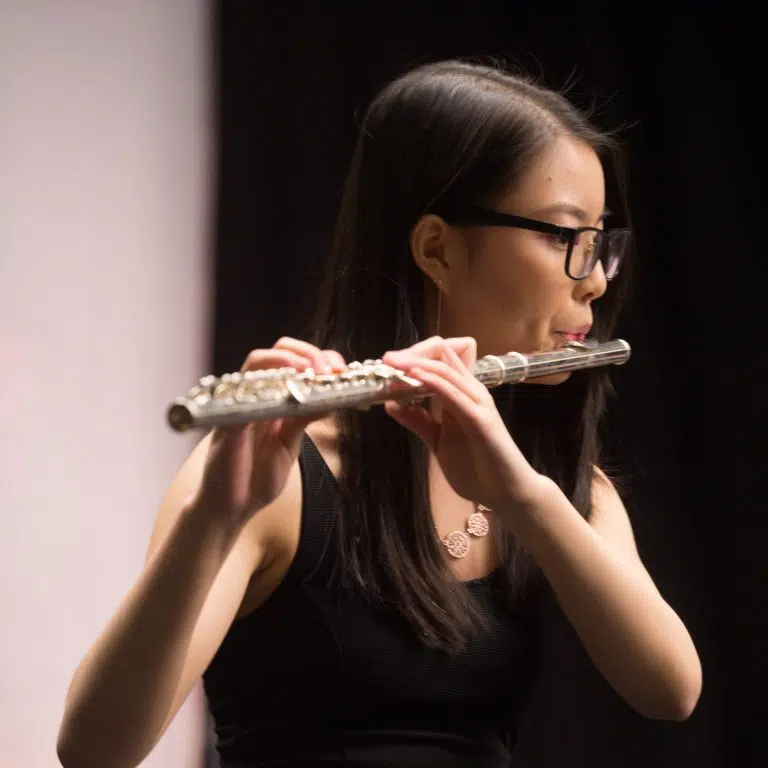Lisa Morton, Head of Pastoral Care at Cardiff Sixth Form College, examines the role of physical activity in the wider context of well-being
The link between being physically active and maintaining positive mental health and well-being has widely been documented. The idea of a connectedness between the two was one channelled by the Ancient Greeks; believing there to be a harmonious link between the body and the mind. Physical fitness was seen as necessary to promote good health overall and even now, as I write this in our current state of lockdown, the notion that keeping active and taking care of the physical self is directly linked to positive wellbeing and mental health is one that prevails. Maintaining a harmonious existence between bodies and minds is one that has since been echoed in many studies and exercise continues to be attributed to improvement in sleep patterns, mood and as a successful tool to manage stress, anxiety and depression. In fact, research has suggested that keeping physically active “is not just good for reducing symptoms of depression, but may also prevent it”. 1
All children and young people have access to distinct timetabled physical activity lessons within the curriculum, however for many learners these compulsory sessions can be seen as standalone and unrelated to anything else they do in school or college. Data from Sport England’s Active Lives Children and Young People survey showed that only 17.5% of children met the Chief Medical Officers’ Guidance for how much activity children should be doing (at least 60 minutes every day). 2
Wishing to continuously improve pupil well-being, last September at Cardiff Sixth Form College a different approach was adopted when re-designing the pastoral programme. Already being aware of the gains to be had from timetabled physical activity classes, incorporating exercise in a way that would inextricably link body to mind and vice versa was looked at. Cardiff Sixth Form College adopts a unique blend of both Eastern and Western methods within its teaching and learning practices and in order to foster a whole school approach to well-being a move towards a pastoral programme that also contained elements of these approaches was fundamental in order to highlight the holistic nature of well-being and ‘being well’ as a whole.
From September 2019 Personal, Social Education sessions at the college addressed the importance of nutrition on mind and body and elements of exercise such as pilates and yoga were timetabled into these sessions, allowing students to practice parts of these disciplines whilst learning about the philosophies that underpin them. This began to change mindsets as certain exercises were looked at holistically by pupils who were quickly able to see the evidential proof that physical activity has a direct impact on mental health. When addressing Eastern philosophy, meditation and breathing techniques were also delivered as part of the new programme, resulting in extremely successful outcomes for pupils. Linking new developments to well-being philosophies, from both the East and West showed an even higher level of engagement from students and in a recent learner voice, pupils noted that they wished to address more of these practical solutions to stress and anxiety management in future PSE lessons; including the injection of physical activity they had experienced.
The CREATE© Portfolio and the newly released online Wellbeing Hub were enhanced to allow students to work towards targets addressing their diet, exercise and mental health and additional awards were added to the existing programme in order to allow pupils to gain Health and Wellbeing Awareness Certificates. Merging health and well-being practices in this way has not only been well received by students but the college has also seen a measurable difference in safeguarding statistics and numbers of pupils needing targeted pastoral support. In order to increase the levels of physical activity within the college, not only were activities embedded into the pastoral curriculum, but by encouraging students to engage in exercise, such as walking and participating with nature, pupils quickly made the link between how involvement in physical activity can have a positive impact on the mind.
Practising different ways of keeping physically fit and adopting a strong sense of well-being has continued for pupils remotely in the current global pandemic. Cardiff Sixth Form College’s Wellbeing Hub has allowed learners to find new and innovative ways of developing themselves in these key areas and when lockdown eventually lifts, as educators, it will be even more important to make apparent the fundamental link between a healthy body and mind. As Plato himself noted, “…the right education must tune the strings of the body and mind to perfect spiritual harmony”.




